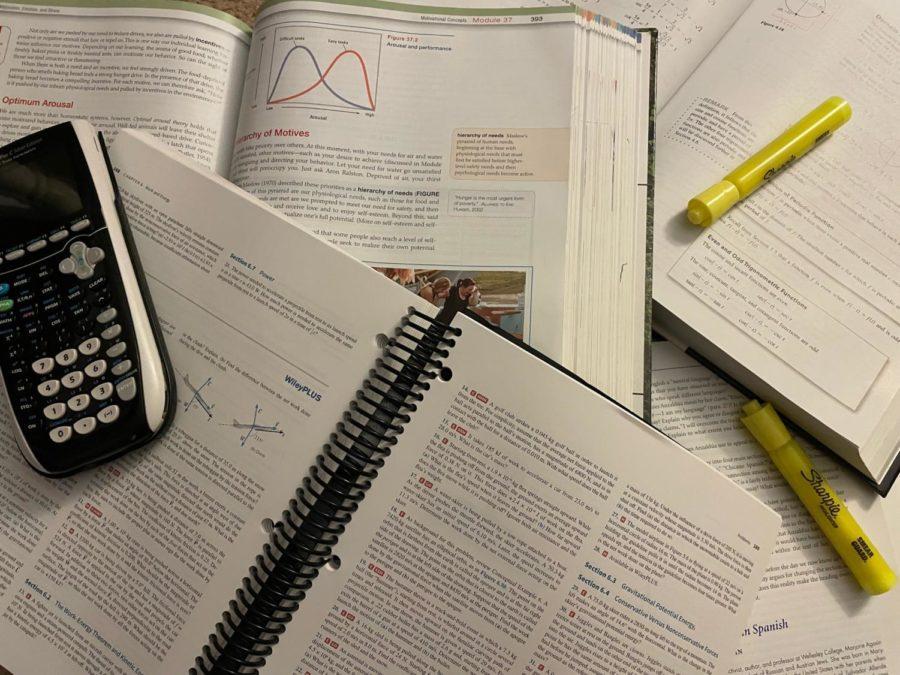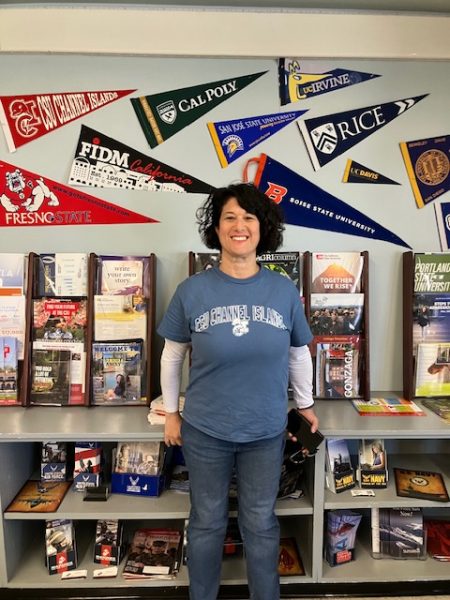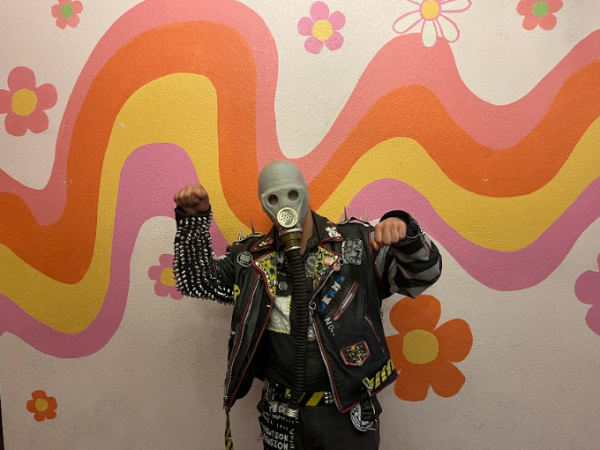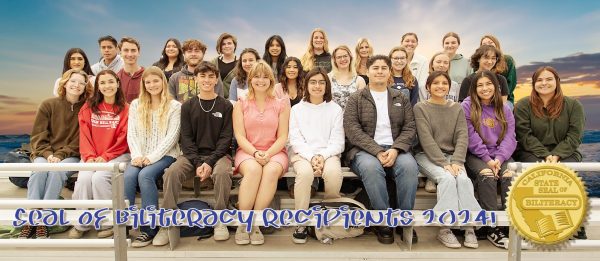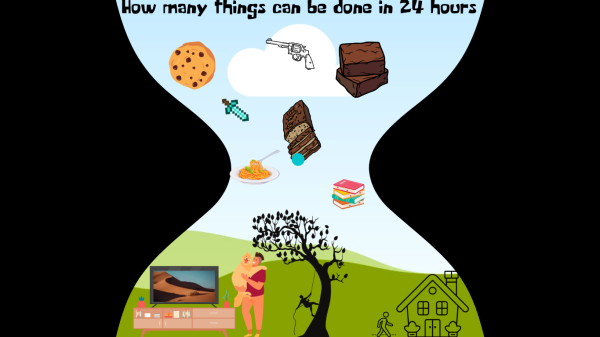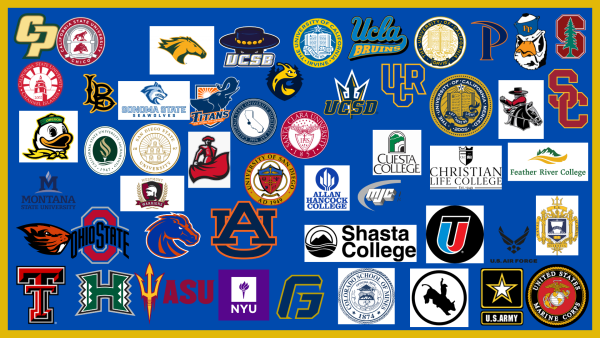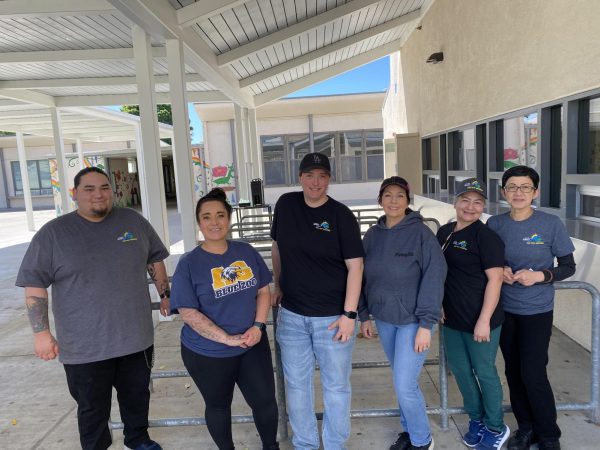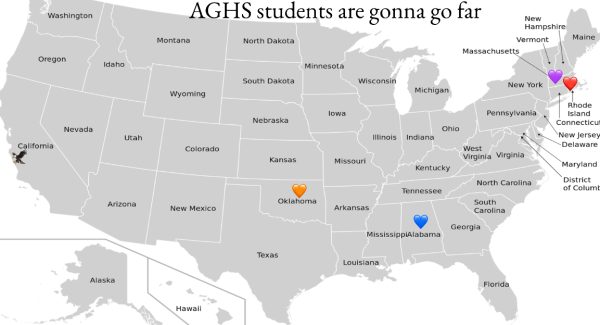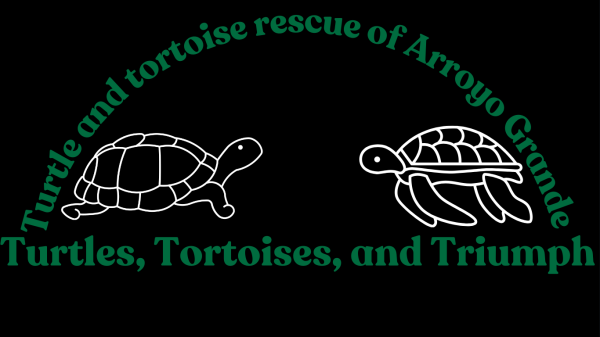The rise of the Rory Gilmore complex: AGHS students and academic burnout
A pile of textbooks, school supplies, and schoolwork await AGHS students every night when they get home from school
Rory Gilmore was the fictional “it girl” of the early 2000s, a blueprint for fashion, coffee drinking, the good-girl with bad-boy trope, and known for her studious behavior. As one of the two main characters of the long-lasting, cult classic, mother-daughter sitcom, Gilmore Girls, she left a lasting impression on teenagers for the following twenty years.
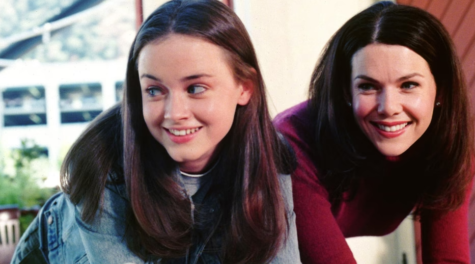
Today, an unfavorable connection can be drawn between Rory Gilmore and modern teenagers.
After a change in her dream school from Harvard University to attend Yale, things went downhill. Rory was offered different opportunities due to her connections, and when one of them didn’t go according to her plan, and she was given unfriendly criticism by her boyfriend’s father, Rory went so far as to briefly break the law by stealing a yacht and to drop out of Yale.
She had a falling out with her mother, moved in with her grandparents, did her court-ordered community service, and began assisting her grandmother at the Daughters of the American Revolution. Rory was out of Yale for a full semester before finally repairing her relationship with her mom and returning to school.
It remains one of the great mysteries of the show as to why such a strongly academically motivated student like Rory, who usually didn’t let anyone slow her down, essentially gave up on her education and career-oriented aspirations for several months.
Today, within the world of competitive academics, people find themselves going through a similar cycle of Rory, realizing and accepting that they may not be able to live up to expectations previously held by themselves and others. One difference from the show is that this process is happening in high school, on a much more accelerated timeline than Gilmore Girls. This could be due to modern pressures of social media, impossibly low college acceptance rates, or the wide range of college-level courses expected and encouraged in high school or online learning.
Especially after the COVID-19 pandemic and rough transitions in and out of online learning, AGHS students are feeling more burnt out than ever. By looking at the contributors and symptoms of academic burnout in AGHS students, the mystery of Rory Gilmore’s downfall, and that of other real and fictional people, may be solved.
A rather alarming finding relating to AGHS students occurred through a poll available to hundreds of students, in which 114 students voted that they have experienced academic burnout, and only 5 responded that they did not.
Out of the four students of varying grades interviewed, they all shared similar indicators of academic burnout. Slipping grades, lack of motivation, and loss of interest in school and activities.
“It’s just kind of this feeling in my body that I don’t want to do anything. I know I should but don’t want to, it’s kind of like a… mental block in a way. I know it isn’t right but it’s just there. I can’t help it,” Natasha Benitez (‘23) said.
“It’s almost like… an academic depression,” Adeline Christian (‘23) said. “It feels pointless to even go to school, even if I have a motive.”
“It just feels exhausting,” Olivia Ewert (‘24) said. “It feels like you have no energy, no matter what.”
Being designated as a gifted or advanced student at a young age seems to have had an adverse effect on both AGHS students and fictional examples, setting early expectations and pressures that can wear students down over time.
“I was part of the GATE (Gifted and Talented Education) Program when I was little,” Sophie Long (‘22), explains. “I was like ‘Oh, I’m smarter than other kids,’ in elementary school, and then once I started getting into middle school and high school… I [realized] ‘oh, no, I’m average.’”
“Being part of [GATE] in elementary school gave me the expectation that I was supposed to be smarter than everybody else, or supposed to always get A’s,” Long said.
Benitez went to a dual-language immersion school for English and Spanish and was then considered gifted at both Spanish and English skills.
“In sixth grade, I felt that I had to maintain [English skills] and continue to read and I kind of felt burnt out, especially with other sports going on in my life,” Benitez said.
Adeline Christian (‘23) and Olivia Ewert (‘24) had vastly different experiences.
“It was pretty much the opposite [for me],” Ewert said.
“I was diagnosed with dyslexia in elementary school, so it was kind of the opposite [of being gifted] because there’s a lot of shame around having learning disabilities,” Christian said.
These students also indicated that they were either currently or previously motivated by academic success, something that put pressure on them and contributed to their burnout, a character arc that was also explored in the Gilmore Girls show.
“Teachers were like, oh, you know, you’re so smart… you should take these advanced classes. And then as high school went on, I was like, this is way too much workload,” Sophie Long (‘22) mentioned, adding that she eventually stopped letting AP courses dominate her schedule to make room for mental health and extracurriculars.
“I used to [be motivated by academic success], but now I’m slowly starting to give up on that a little bit,” Benitez said. “My parents have tried to keep me motivated.”
Christian admitted that she also used to be driven by academics but then experienced a shift, saying that “Definitely [in] middle school I was like all [about getting] A’s, acing every test, and then since COVID, not at all.”
“All my friends are taking all these advanced classes and doing very well,” Ewert said. “I feel like I should be doing the same and it just puts a lot of pressure on [me].”
Each of the students indicated that their feelings of academic burnout heavily contributed to negative associations with their mental health, particularly during and after the COVID-19 pandemic.
“Sophomore year [during COVID]… I realized the more I had academic burnout, the more my depression came back,” Benitez said. “Even though I had all A’s last year, it was still kind of hard to maintain my happiness.”
“My mental health low was during quarantine, like right at the end of it,” Long said. “We were starting to come back to school and that was the worst time in my life for my mental health, but as we came back in person… my outlets like theater… came back.”
Christian’s response was less centered around COVID and more on the pressure she felt at not matching the intelligence and course rigor of her peers.
“I’m not necessarily not smart, I just don’t have the drive,” she said. “It kind of makes me feel like I don’t have a point.”
“I have really bad anxiety,” Ewert said. “I’ve had more panic attacks this year than I have any other year… I just don’t feel as like myself as I did.”
Something that drove viewers away from favoring Rory at the point in the show when she changed paths was because she no longer seemed like herself, like the character everyone had once known and loved. It was never really brought into question the deeper meaning behind her character change, or if there was one. In conversation with AGHS students, it may reveal that there were layers to Rory’s crisis, those involving issues with mental health struggles and sense of self.

A major reason that Rory struggled with major decisions during the period away from Yale was a lack of support in figuring out her life path and returning to school when the time came. A major reason that she cracked under the pressure and dropped out of Yale was due to heavy criticism from her superiors and lesser support from her peers, family, and teachers. Many fans of the show questioned whether or not Rory would’ve turned out differently with more or less leniency, less social pressure, or less pressure at a young age.
Some ways for teachers to help mend these complex matters outside of a fictional world were suggested by the struggling students.
“[Teachers] need to… maybe have a better understanding of how to help the students take the pressure off themselves,” Benitez said. “Like, I know my teacher Ms. G, she’s really good at spacing out everything and she understands us really well.”
“I think late work policies can be more lenient,” Long said, noting how some students have a more difficult time keeping up with deadlines than others.
Christian took a look at the matter with mental health in mind.
“[Teachers should have] more grace with the fact that students are struggling, not just with academic burnout, but burnout in general, like mental health burnout. A lot of people are depressed right now,” she said.
Ewert mentioned a bit more specific solution.
“My chemistry teacher is doing this right now, but offering tutoring after school. Just a couple days a week and [going] over the material, I think that would help.”
In terms of students and her friends, Christian wants them to realize that life continues despite current struggles.
“People need to just understand [that] this is just a point in our lives and it’s going to get easier, and we’re all going to graduate soon, and then life will move on.”
“School shouldn’t be the main factor in everybody’s life, because there’s so much more than just school,” Christian said.
After experiencing a global pandemic that caused rapid academic change and uncertainty and an overall decline in mental health, it’s imperative that teachers, parents, and students alike do what they can to prevent burnout. It’s time to ensure that the scholars of the future don’t end up exemplifying Rory Gilmore in all the worst ways.
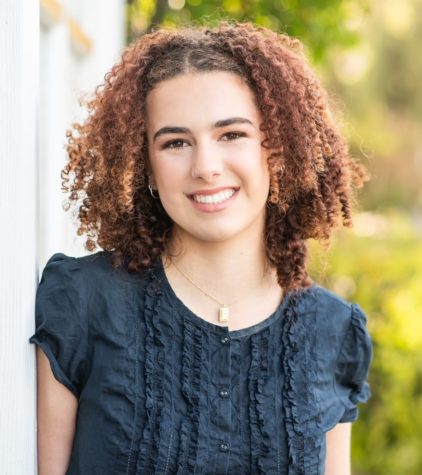
Zoe Lodge is a senior and this is her second year at the Eagle Times! When she isn’t writing (for the Eagle Times, for school, or creatively), you can...

